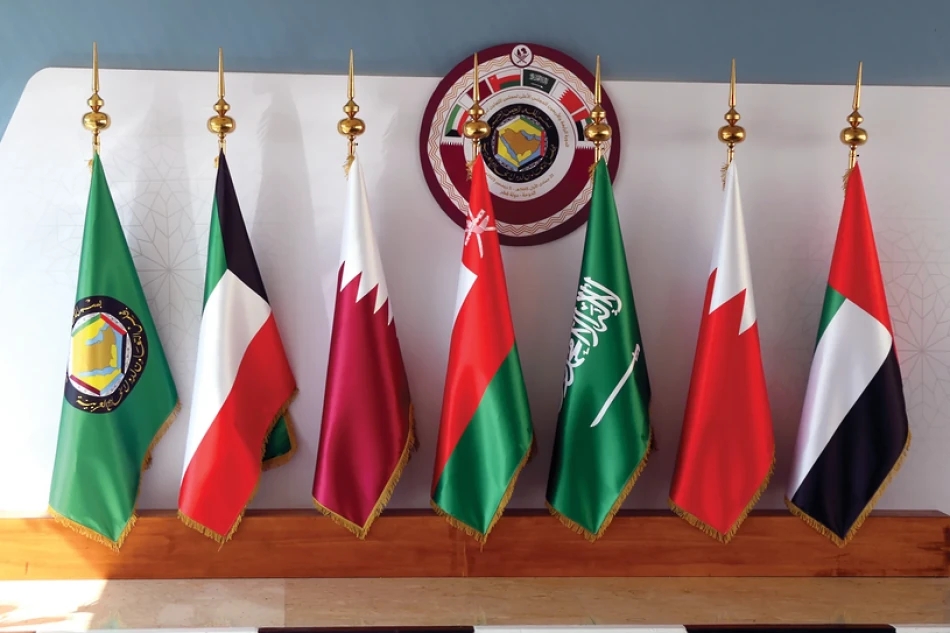
Gulf Cooperation Council Condemns Israeli Minister's Annexation Call, Warns of Grave Threat to Regional Stability
Gulf States Condemn Israeli Settlement Expansion as Regional Tensions Escalate
The Gulf Cooperation Council has issued a sharp rebuke of Israeli ministerial statements calling for expanded settlements and annexation of the occupied West Bank, marking another diplomatic flashpoint as Middle Eastern nations grapple with deteriorating prospects for Palestinian statehood. The condemnation signals growing regional frustration with Israeli policies that Gulf states view as destabilizing to broader peace efforts.
GCC Secretary-General Denounces "Systematic Incitement"
Jasim Mohammed Al-Budaiwi, Secretary-General of the Gulf Cooperation Council, characterized recent statements from an Israeli government minister as "dangerous and suspicious calls" that represent a systematic pattern of incitement. The minister's remarks advocated for deepening settlement activities and annexing occupied West Bank territories.
Al-Budaiwi described the statements as reflecting the Israeli government's "insistence on undermining security and stability in the region" while sabotaging peace opportunities in direct violation of international agreements and humanitarian laws.
International Action Demanded
The GCC chief called for immediate and deterrent international measures to halt what he termed escalatory rhetoric and incitement. He placed full responsibility on Israeli authorities for the consequences of these "illegal policies and practices."
This appeal reflects a broader pattern among Arab nations seeking more robust international intervention in Israeli settlement policies, particularly as diplomatic solutions appear increasingly elusive.
Regional Implications for Gulf-Israeli Relations
The condemnation comes at a delicate moment for Middle Eastern diplomacy. While the UAE and Bahrain normalized relations with Israel through the 2020 Abraham Accords, settlement expansion remains a persistent irritant in regional relationships. Saudi Arabia, the Gulf's largest economy, has consistently maintained that Palestinian statehood remains a prerequisite for normalization.
The GCC's unified stance suggests that Israeli settlement policies could complicate broader regional integration efforts, particularly as Gulf states balance economic opportunities with Palestinian solidarity.
Reaffirming Palestinian Support
Al-Budaiwi renewed the GCC's commitment to supporting Palestinian rights, specifically endorsing the establishment of an independent Palestinian state based on June 4, 1967 borders with East Jerusalem as its capital. This position aligns with longstanding Arab League policy and international consensus, though it faces increasing challenges from Israeli settlement expansion.
The statement underscores how settlement issues continue to animate Arab diplomatic positions, even as some Gulf nations have pursued closer economic and security cooperation with Israel in recent years.
Most Viewed News

 Sara Khaled
Sara Khaled






